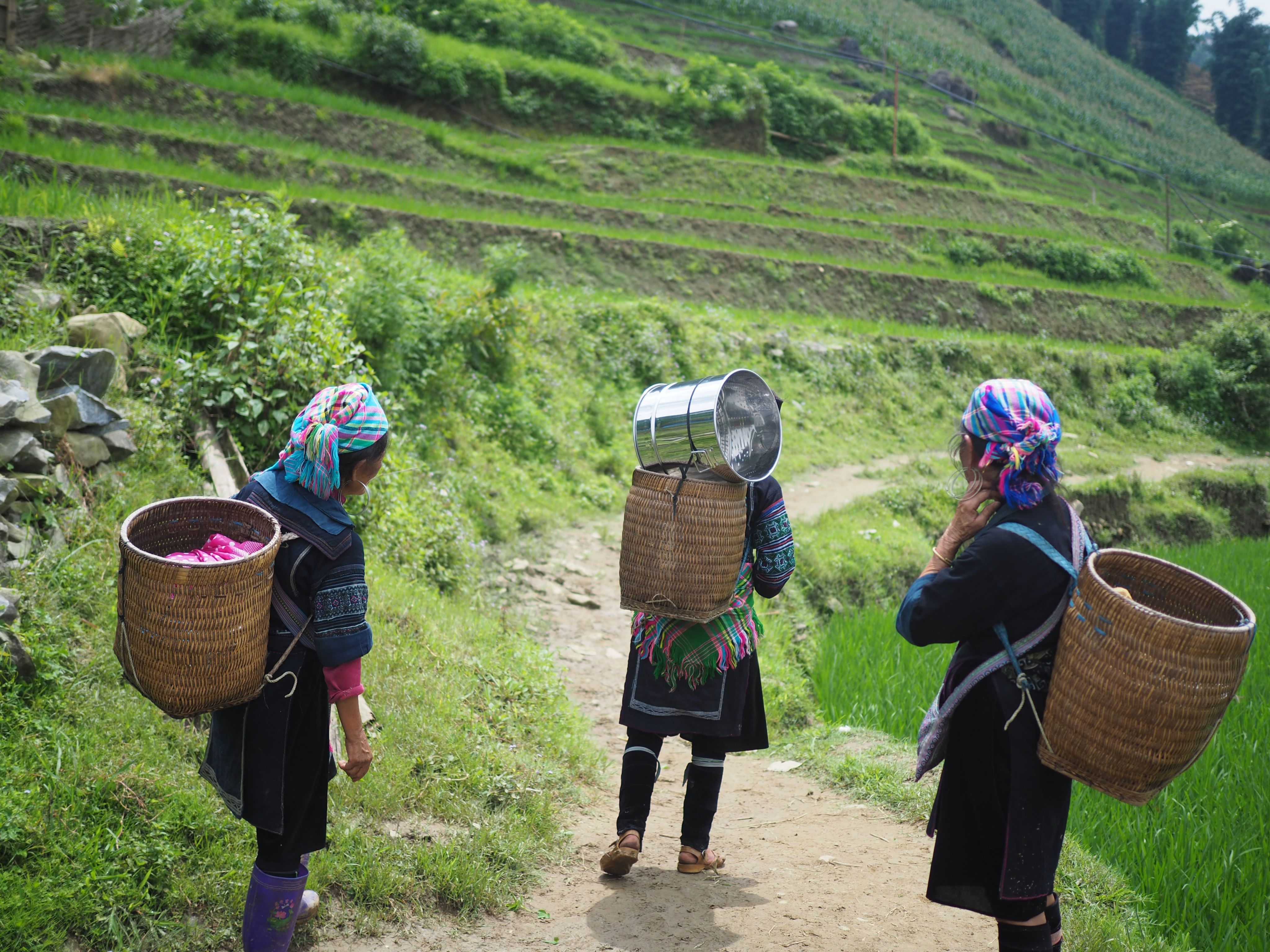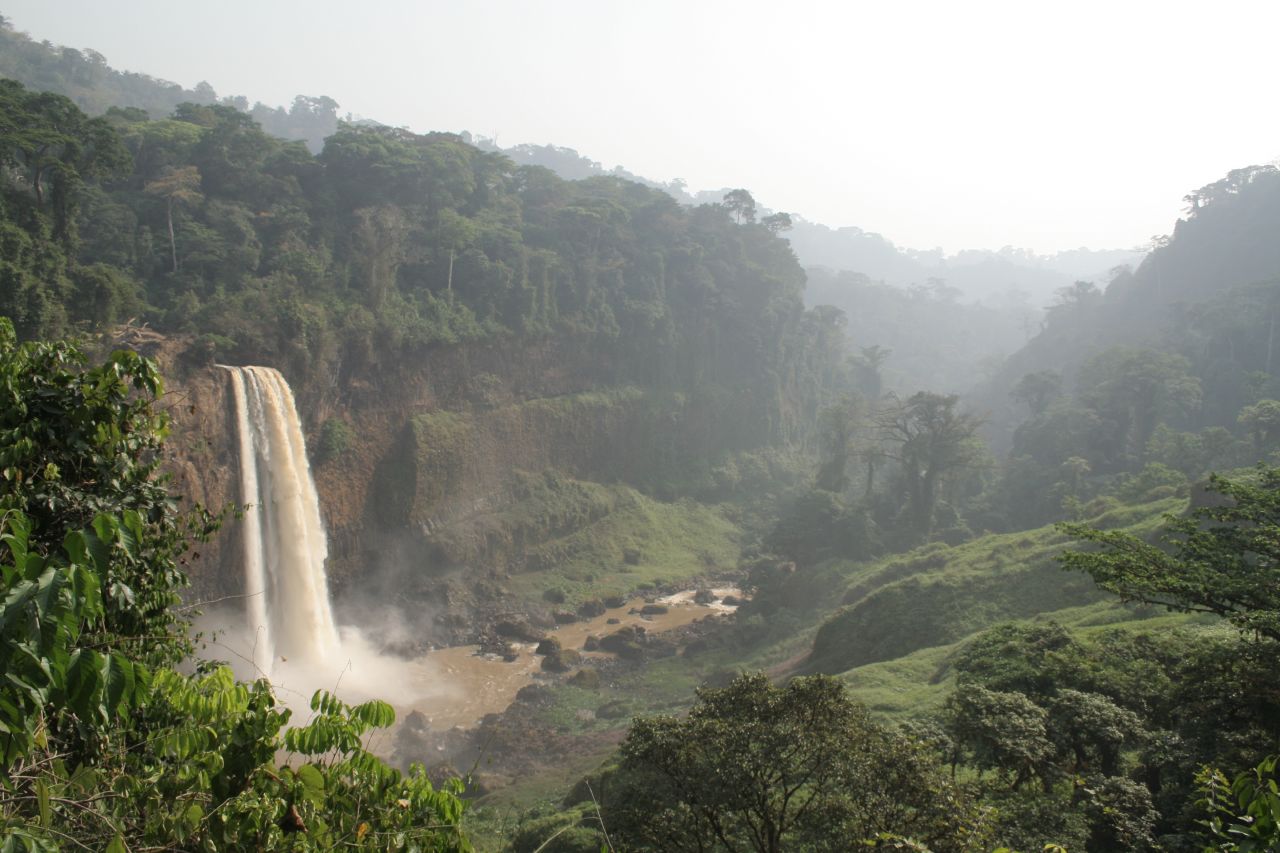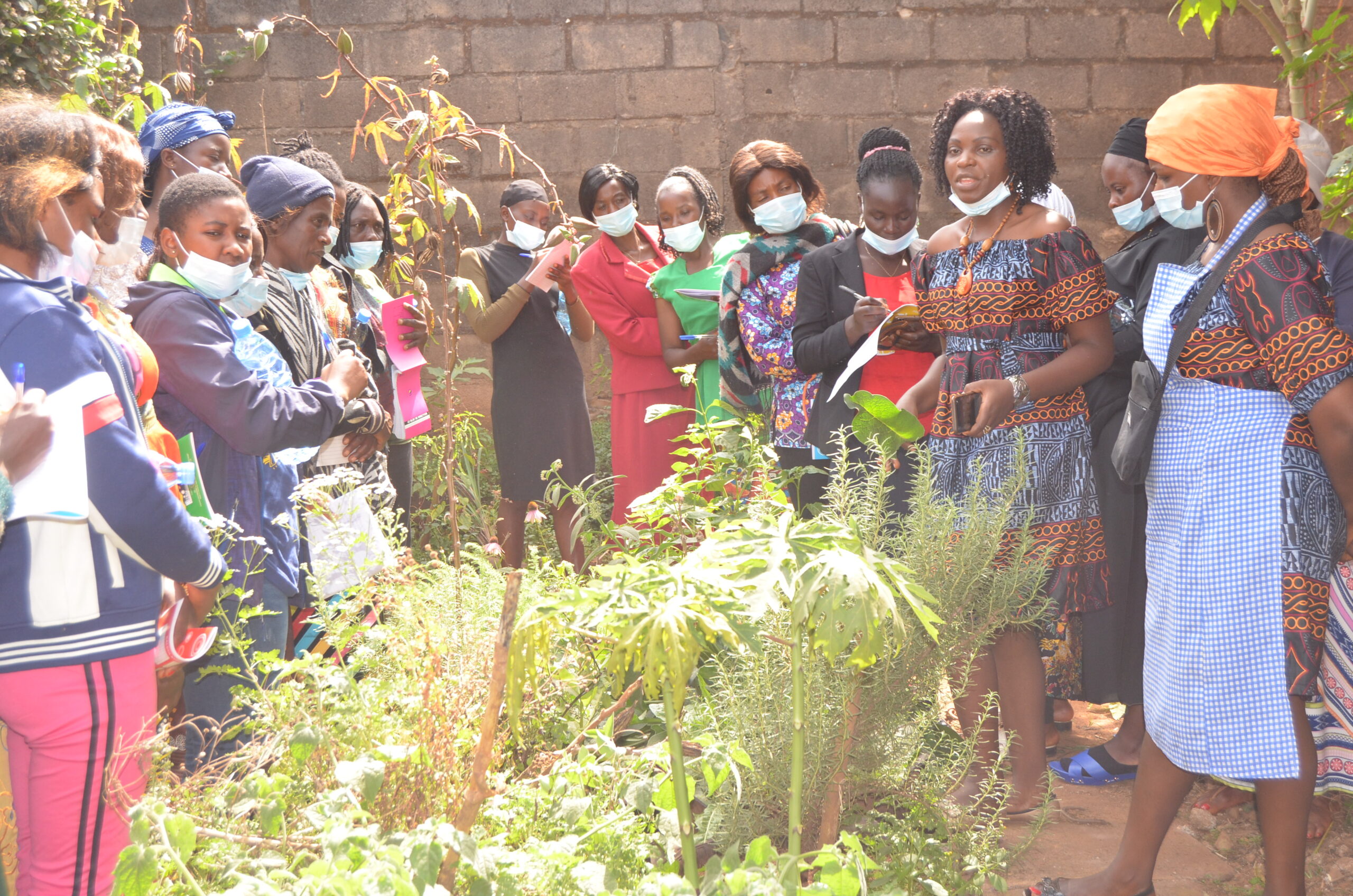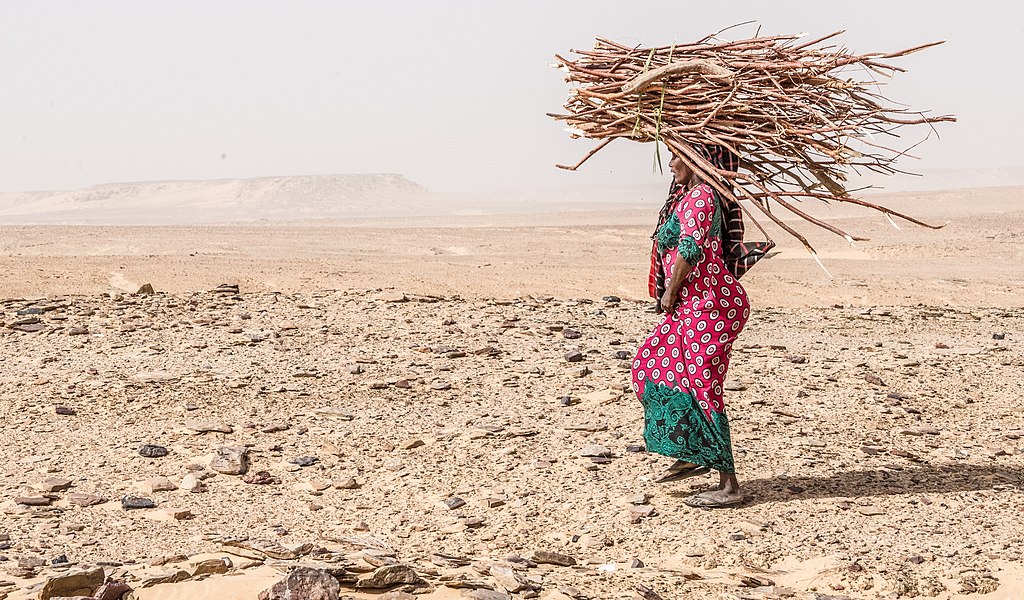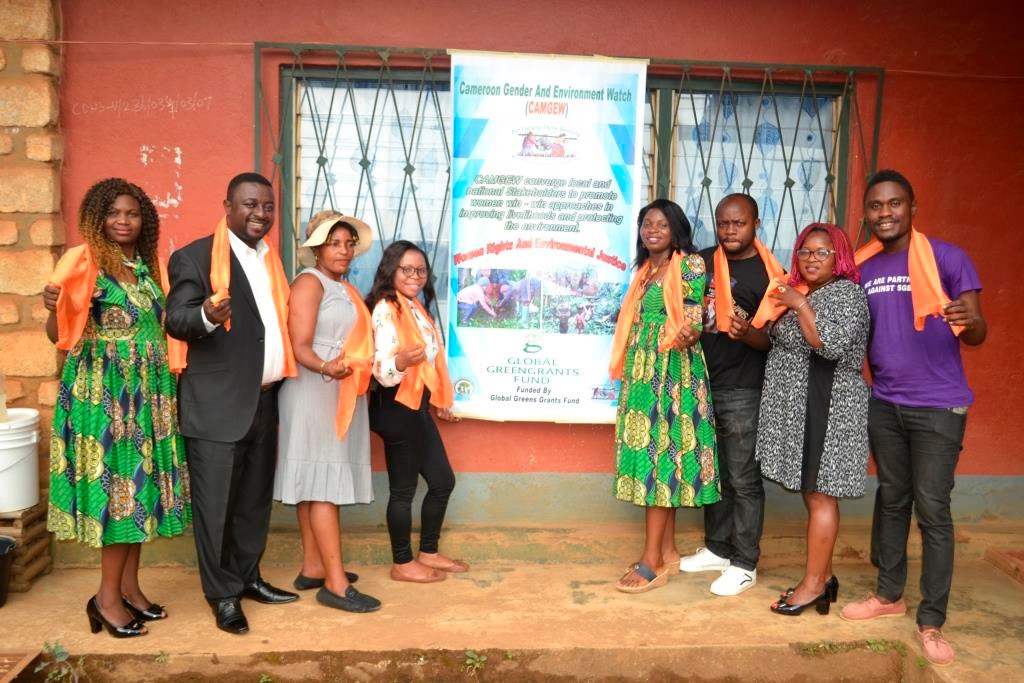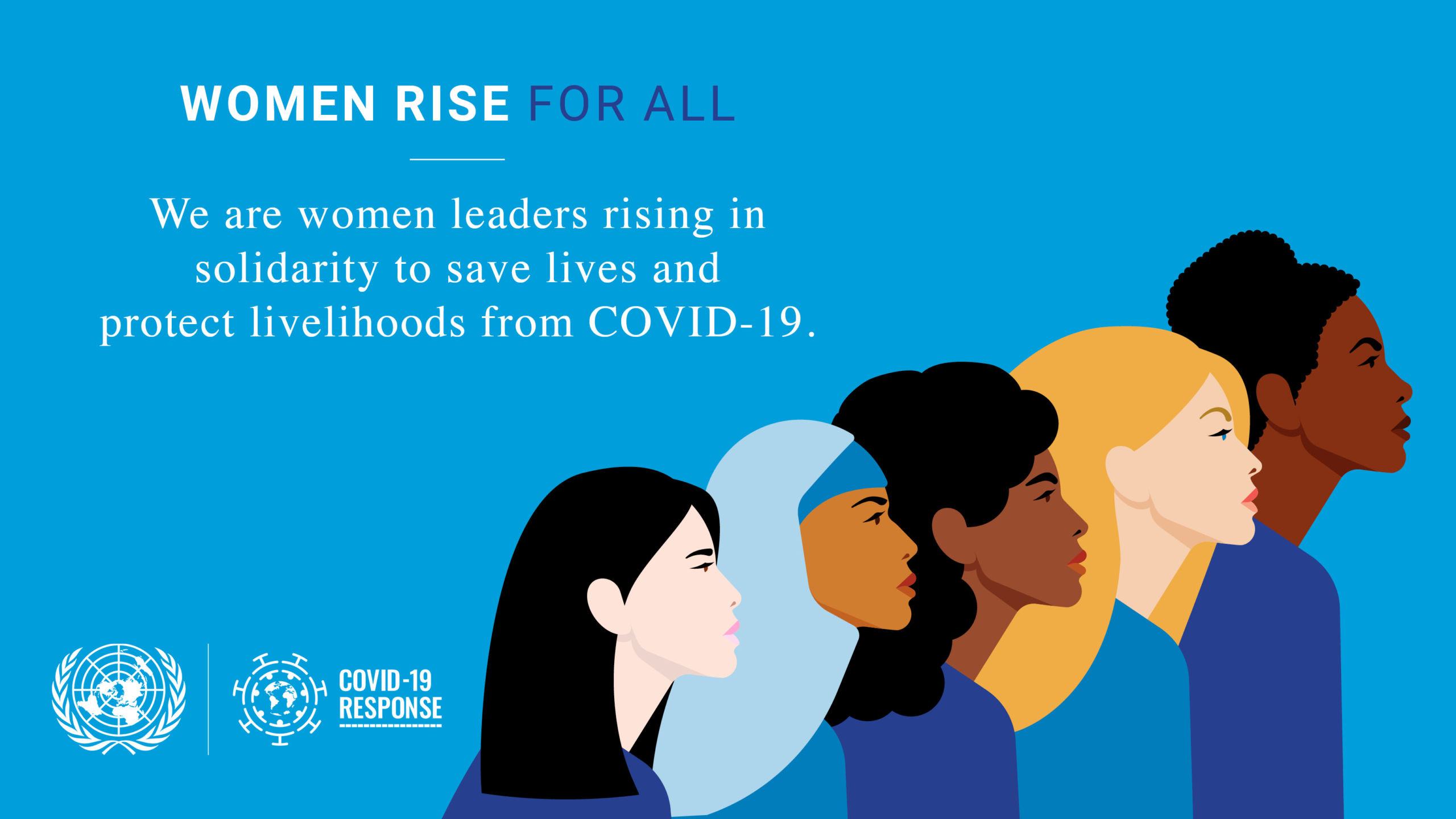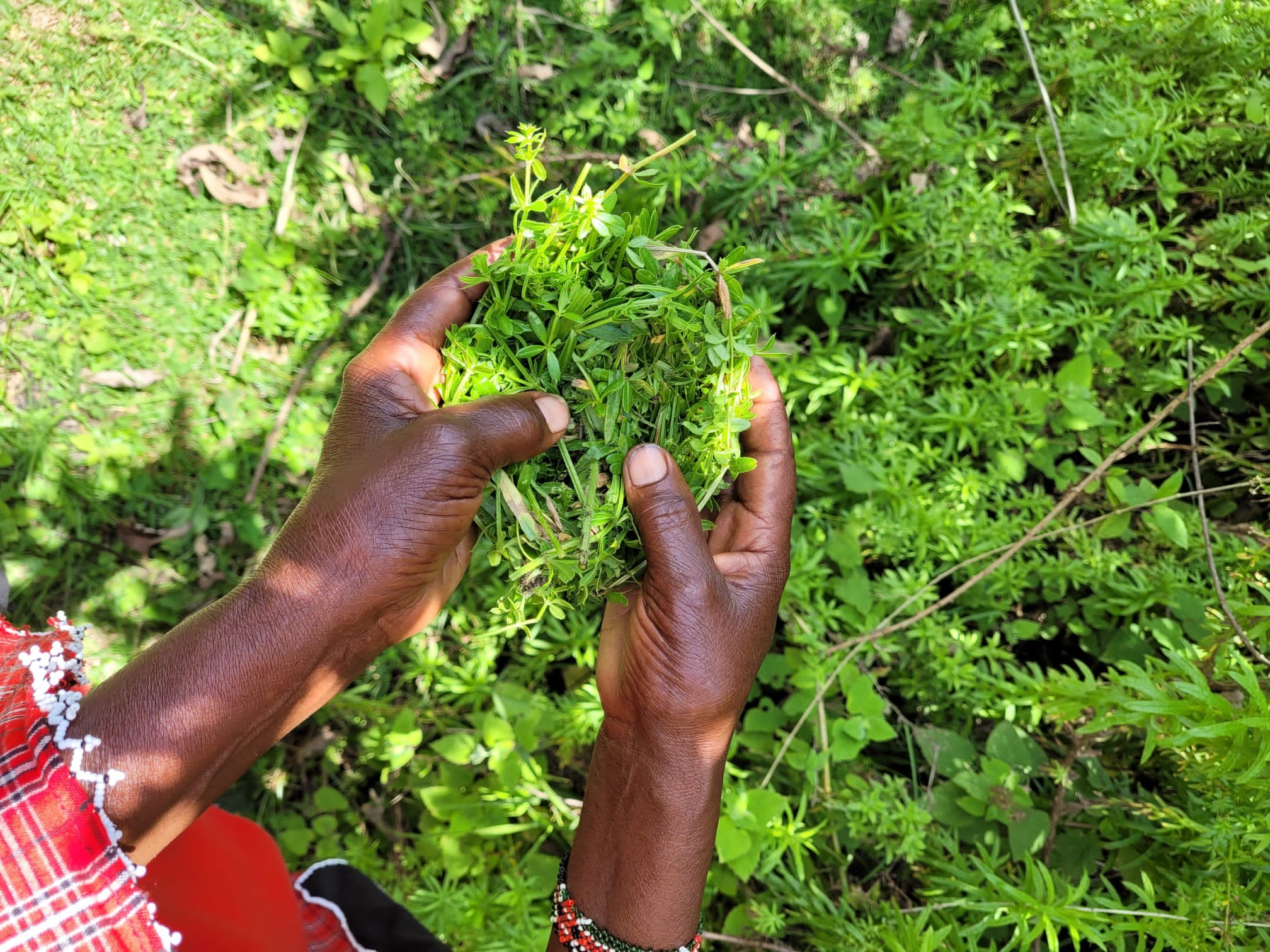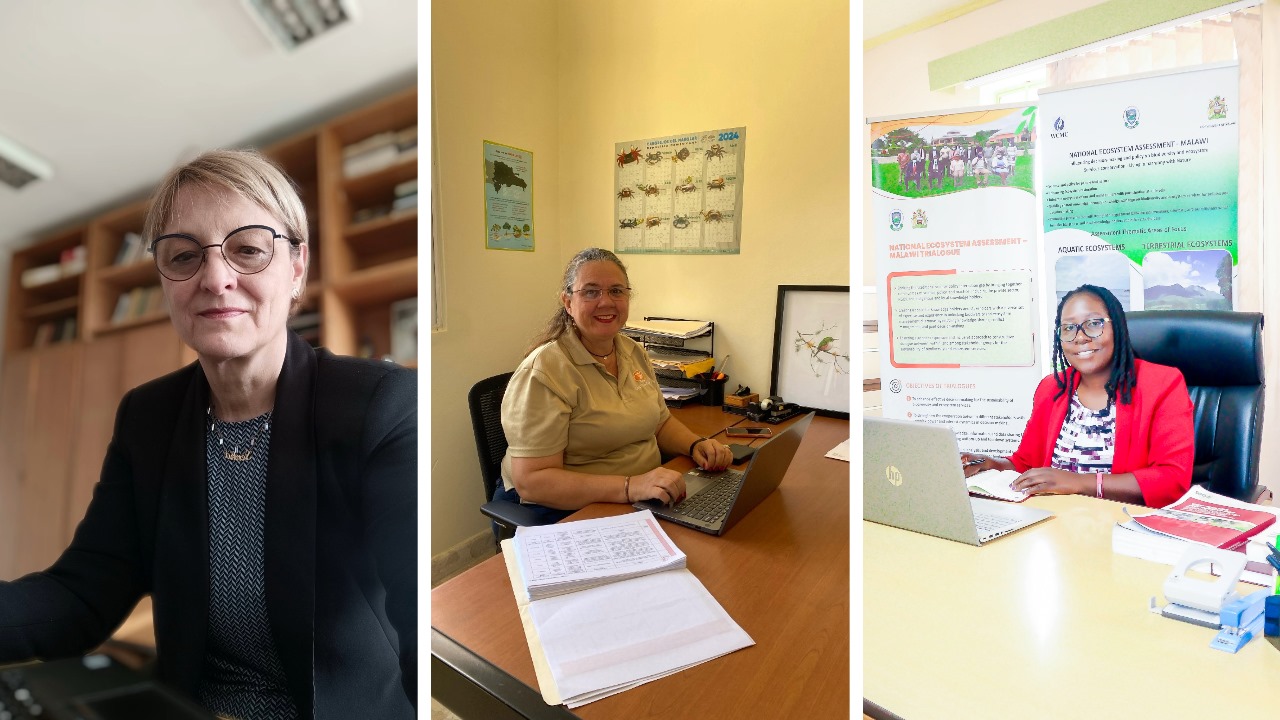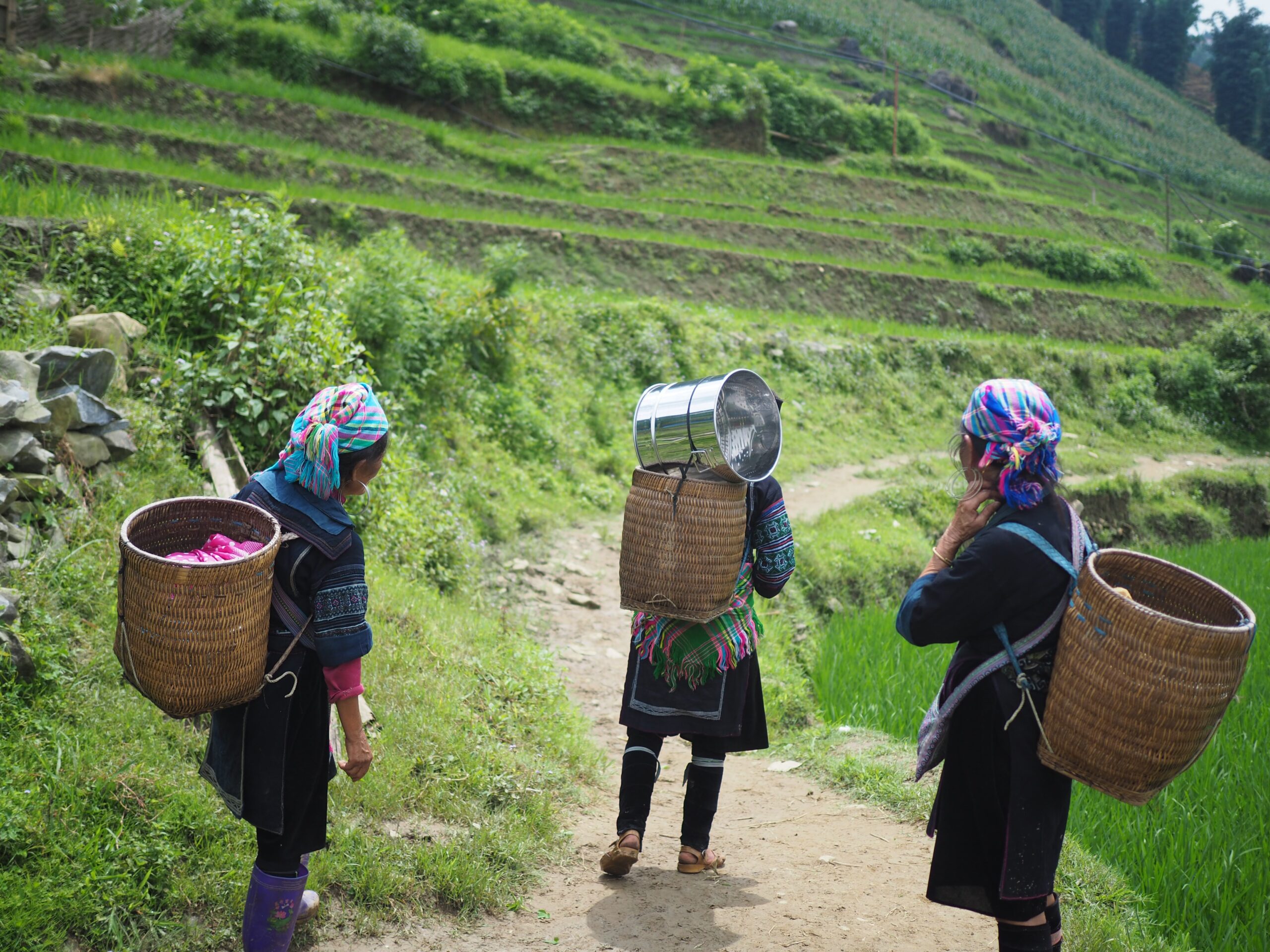The Gender-Biodiversity Nexus
Strengthening the Integration of Gender in the Production and Application of Knowledge for Biodiversity Conservation
Gender equality and women’s empowerment are critical to achieving biodiversity objectives.
The identification of suitable policies and plans requires the generation of up-to-date and robust knowledge on biodiversity and ecosystem services (BES). Women and girls have a high potential to lead knowledge production and implementation of the solutions on the ground. For instance, women from indigenous and local communities hold a distinctive set of capacities and practices thanks to their special relationship with nature and their community. This position makes them unique knowledge holders and transformative catalysts, who are much needed in tackling many global challenges, including biodiversity loss.

However, prevailing systemic barriers often make women’s participation in formal spaces difficult, including policy dialogue. Consequently, the unique and complementary knowledge of women is missing from the available evidence base, limiting opportunities for identifying transformative solutions. At the same time, the interests, needs and priorities of women continue to be neglected in policies and plans, hampering progress towards gender equality and sustainable development.
Adequate representation of women in knowledge production, decision-making and policy planning is vital. More inclusive implementation of conservation efforts and greater efforts to leverage the distinctive knowledge that women, girls and people of all genders have about the planet and its ecosystems can put us on the right path to a more sustainable trajectory.
Recognizing that all genders require the means to live in harmony with nature, mainstreaming gender considerations into the process of knowledge production and application, can pave the way for transformative approaches to sustainable development.
BES-Net aims to enhance biodiversity action at the national and regional levels by harnessing the assessments and guides produced by the Intergovernmental Science-Policy Platform on Biodiversity and Ecosystem Services (IPBES) into concrete action on the ground.
The open webinar: The gender-biodiversity nexus: strengthening the integration of gender in the production and application of knowledge for biodiversity conservation held on 20 September 2022 in collaboration with the Sub-Global Assessment Network (SGAN) aimed to raise the awareness of BES-Net's stakeholders on the critical importance of applying a gender lens in biodiversity conservation and share experiences of BES-Net’s partner countries on mainstreaming gender considerations into their work at the science-policy-practice interface.


